The Physics of Quantum Decoherence
Introduction
Quantum decoherence is a fundamental concept in quantum mechanics that describes the loss of quantum coherence or ordering of the phase angles between the components of a system in a quantum superposition. This process is the primary reason for the transition of the system towards a classical state, thus providing a quantum mechanical explanation for the emergence of classical physics from quantum physics.
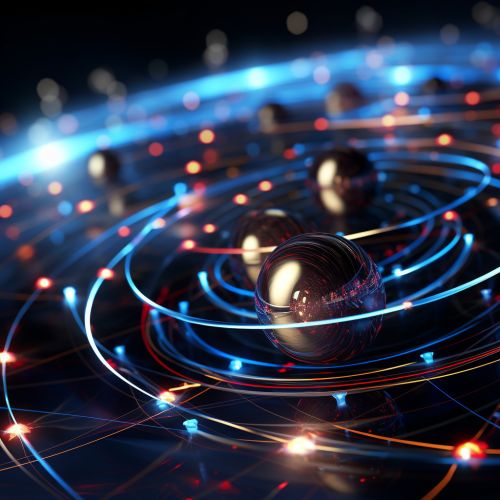
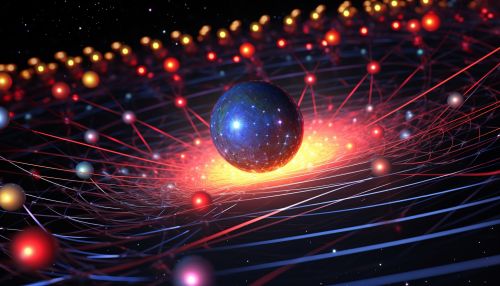
Quantum Coherence and Superposition
Quantum coherence is a fundamental property of quantum mechanics that distinguishes it from classical mechanics. It refers to the phenomenon where particles can exist in multiple states at once, a property known as quantum superposition. This superposition is described by a wave function, a mathematical function that provides the probabilities of the outcomes of measurements of an observable. The phase of this wave function plays a crucial role in determining the interference pattern observed in phenomena such as the double-slit experiment.
Decoherence: The Transition to Classicality
Quantum decoherence occurs when a quantum system interacts with its environment in a thermodynamically irreversible way. This causes the system to lose its quantum coherence and behave more like a classical system. The process of decoherence does not involve the 'collapse' of the wave function, a controversial concept in quantum mechanics. Instead, it provides a plausible explanation for the 'appearance' of wave function collapse, as the system appears to 'choose' a definite state after measurement.

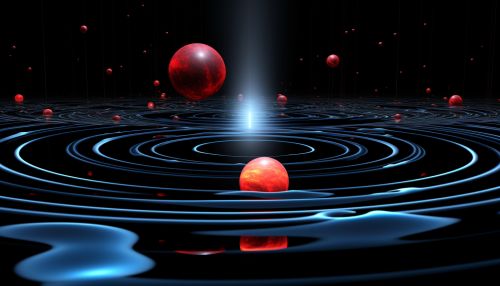
The Role of the Environment
The environment plays a crucial role in the process of quantum decoherence. The interaction between the quantum system and its environment causes the system to become entangled with the environment. This entanglement leads to the loss of quantum coherence in the system, as the phase relationships between the components of the system become randomized. This process is often referred to as 'environment-induced decoherence' or 'decoherence by entanglement'.
Mathematical Description of Decoherence
The mathematical description of decoherence involves the use of density matrices and the concept of quantum entanglement. A density matrix is a matrix that describes the statistical state of a quantum system, and it evolves over time according to the Liouville-von Neumann equation. Decoherence can be understood as the off-diagonal elements of the density matrix becoming negligible, leading to a diagonal density matrix that corresponds to a classical probability distribution.
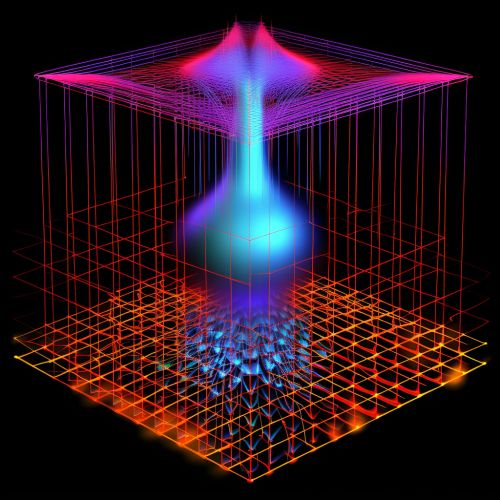
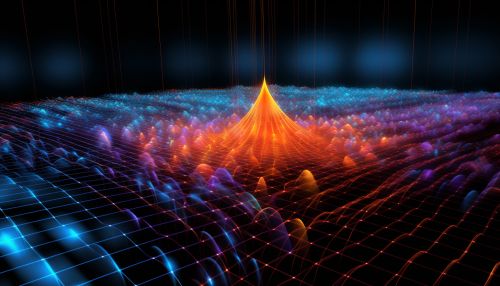
Decoherence and Quantum Computing
Quantum decoherence is a major obstacle in the development of quantum computers. Quantum computers rely on quantum bits or 'qubits', which can exist in a superposition of states. However, these qubits are extremely sensitive to their environment, and even the slightest interaction can cause them to decohere and lose their quantum properties. This is known as 'decoherence error', and overcoming it is one of the major challenges in the field of quantum computing.


Conclusion
Quantum decoherence is a fundamental concept in quantum mechanics that provides a bridge between the quantum and classical worlds. It describes the transition of a quantum system to a classical state due to its interaction with the environment, and it plays a crucial role in our understanding of quantum phenomena and the development of quantum technologies.
